Looking for something specific? Try using our search bar!
Looking for something specific? Try using our search bar!
The trend of hiring lawn mowers is gaining traction, offering both commercial enterprises and residential homeowners flexible, cost-effective solutions for lawn maintenance. With this rise in popularity, it’s essential to recognize the differing needs of commercial and residential lawn care. Commercial entities typically require robust, durable mowers for extensive use, while residential users often seek user-friendly and efficient models for smaller lawns. Understanding these distinct requirements is crucial in making an informed decision when hiring a lawn mower, ensuring that the chosen equipment aligns with specific lawn care needs and usage patterns.
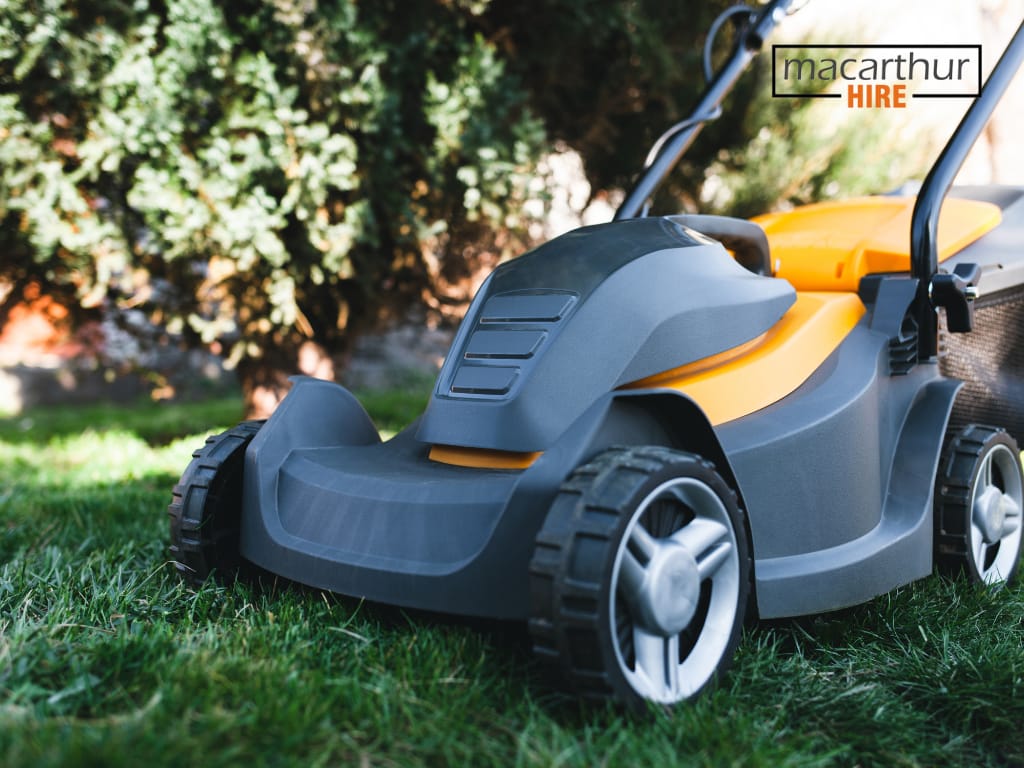
In commercial settings, lawn sizes are generally larger with varied terrains, requiring mowers that can handle extensive areas and diverse landscape features. Durability and power are key considerations. In contrast, residential lawns are typically smaller, with less complex terrain. For residential use, the focus is on maneuverability and ease of use, ensuring the mower can navigate around garden features and tighter spaces.
Commercial lawn mowers are often used daily, necessitating machines that can withstand constant use without frequent breakdowns. Reliability and longevity are critical factors. Residential lawn mowing, however, is usually a weekly or bi-weekly task. For these users, the emphasis is on convenience and minimal maintenance, ensuring the mower is ready to use with little preparation.
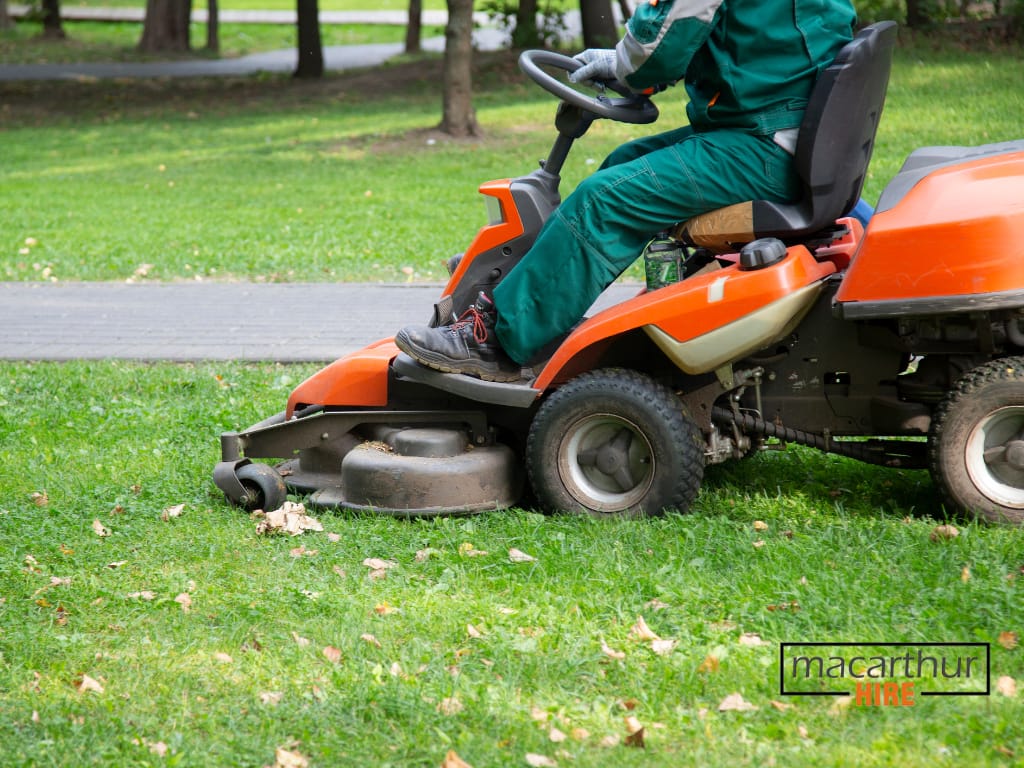
For commercial purposes, options include ride-on mowers, zero-turn mowers, and heavy-duty push mowers. These types are designed for efficiency and speed, covering large areas quickly and with less effort. Commercial mowers often come with enhanced features like larger cutting decks, more powerful engines, and commercial-grade construction to handle prolonged use.
Residential users often benefit from electric or battery-operated mowers, which are quieter, more environmentally friendly, and easier to operate. Traditional push mowers or self-propelled models are also popular, offering a balance between efficiency and physical ease of use. For smaller lawns, compact or robotic lawn mowers can provide sufficient functionality.

When hiring for commercial use, the cost-effectiveness often revolves around efficiency and durability. Businesses should consider mowers that maximize productivity, reducing the time and labor costs associated with lawn maintenance. The long-term reliability of the mower, reducing the need for frequent replacements or repairs, also plays into cost considerations.
For residential lawn mower hire, the focus is often on affordability and convenience. Homeowners typically look for options that offer good value for money, balancing the hiring cost against the frequency and ease of use. Features that reduce the time and effort required for lawn care, such as mulching capabilities or adjustable height settings, can also be crucial for residential users.
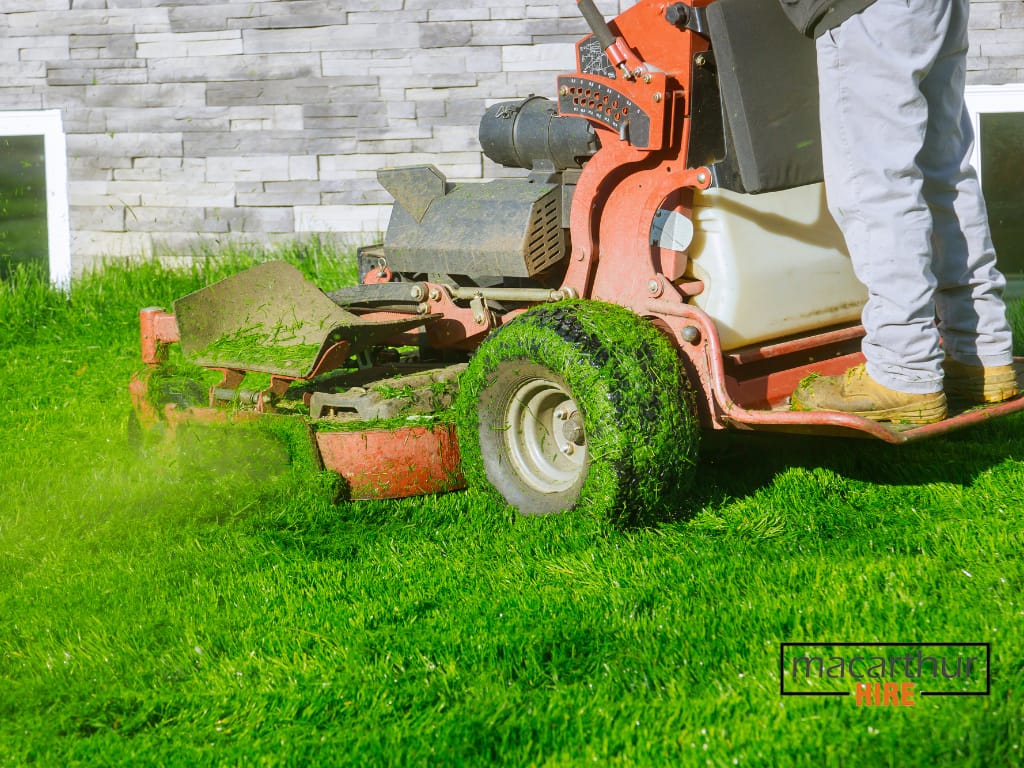
When selecting commercial lawn mowers, certain features are essential for efficiency and durability:
For residential lawn mowers, homeowners should look for:
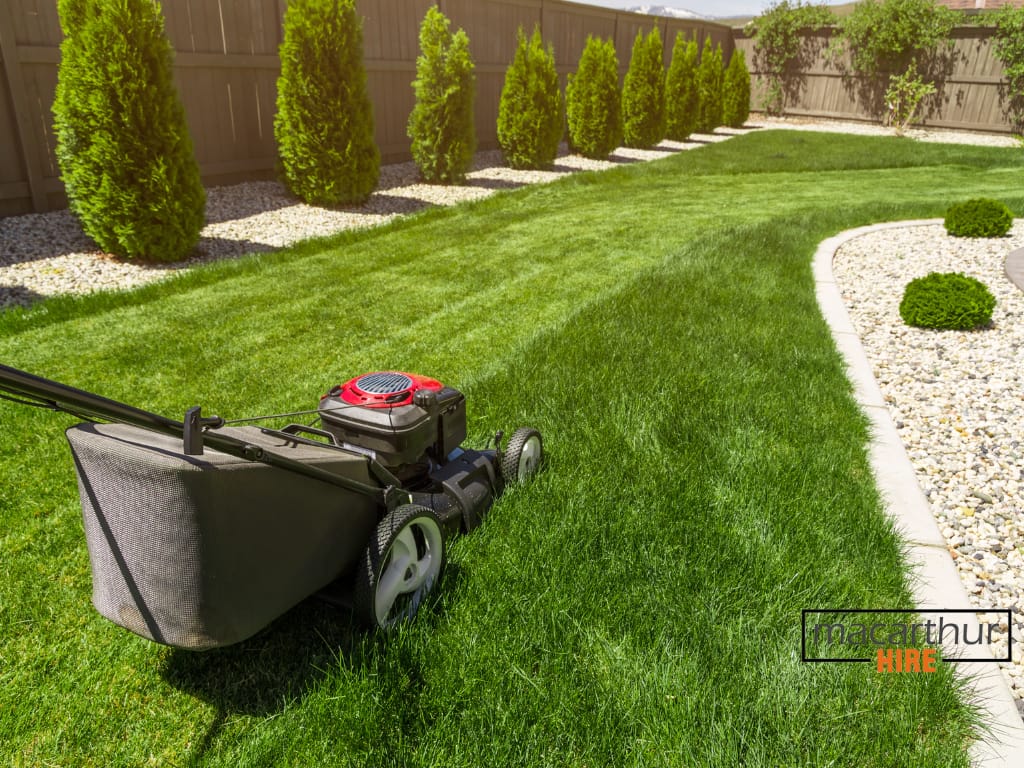
Maintaining commercial lawn mowers involves:
Residential lawn mower maintenance is typically less intensive:
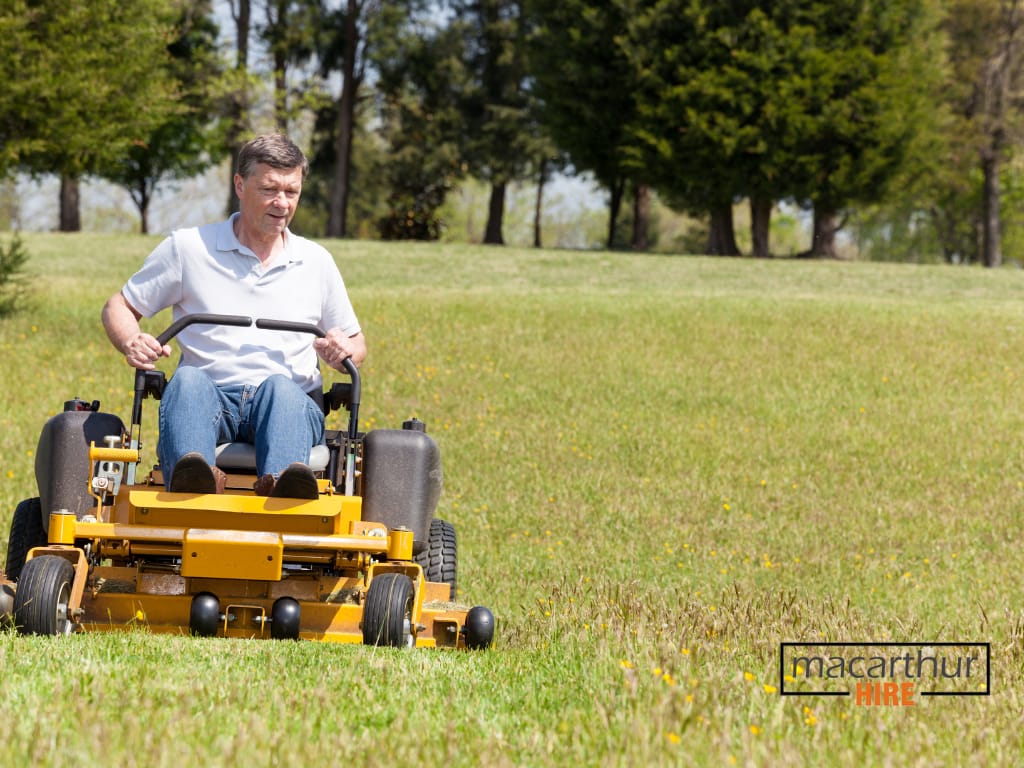
Commercial operators must adhere to strict safety protocols:
For residential users, basic safety training includes:
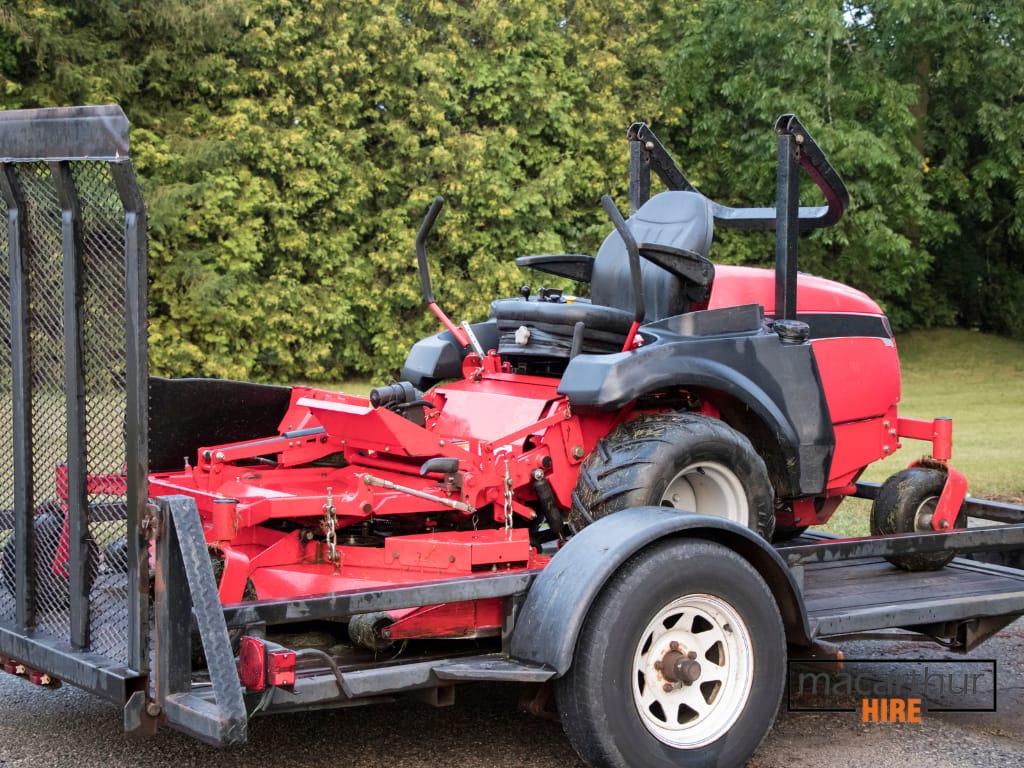
Residential users might prefer short-term or flexible hiring options:
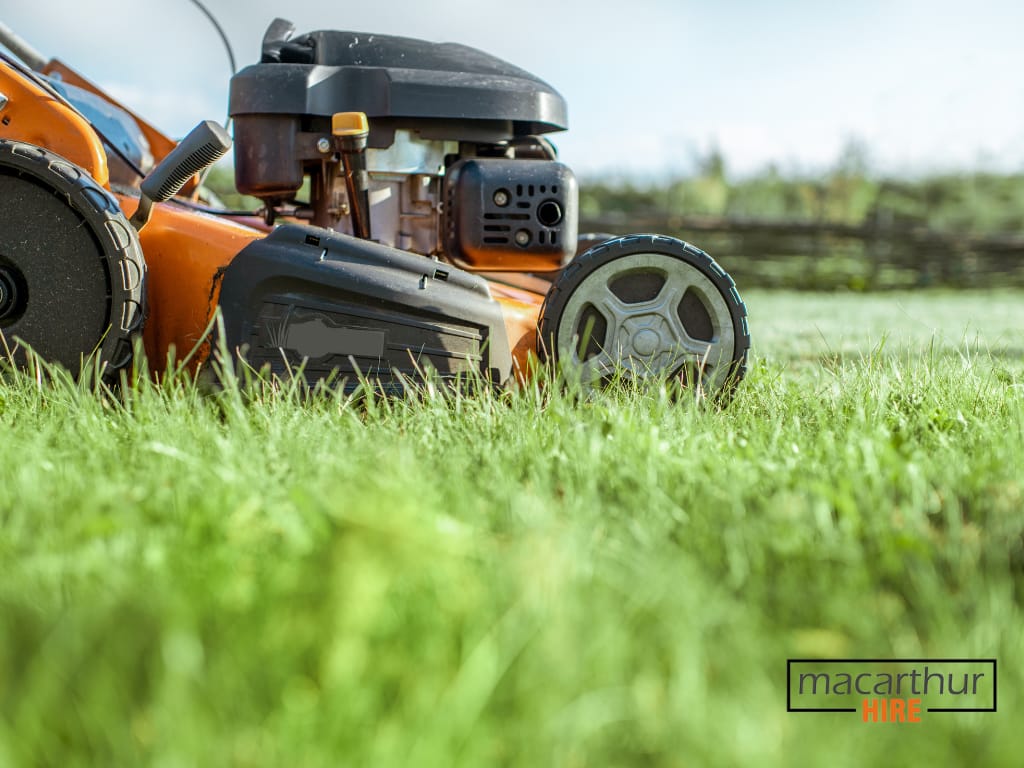
In commercial lawn mowing, adopting eco-friendly practices is crucial:
For residential lawn care, environmentally friendly choices include:
When choosing a lawn mower for hire, it’s essential to consider factors such as the size and type of terrain, the frequency of use, and the specific features needed for either commercial or residential lawn care. The duration and flexibility of hire contracts, as well as environmental considerations, also play a significant role in the decision-making process. By carefully evaluating these aspects, both commercial entities and homeowners can make informed decisions that align with their lawn care requirements and sustainability goals, ensuring efficient, cost-effective, and environmentally responsible lawn maintenance.
More articles below: